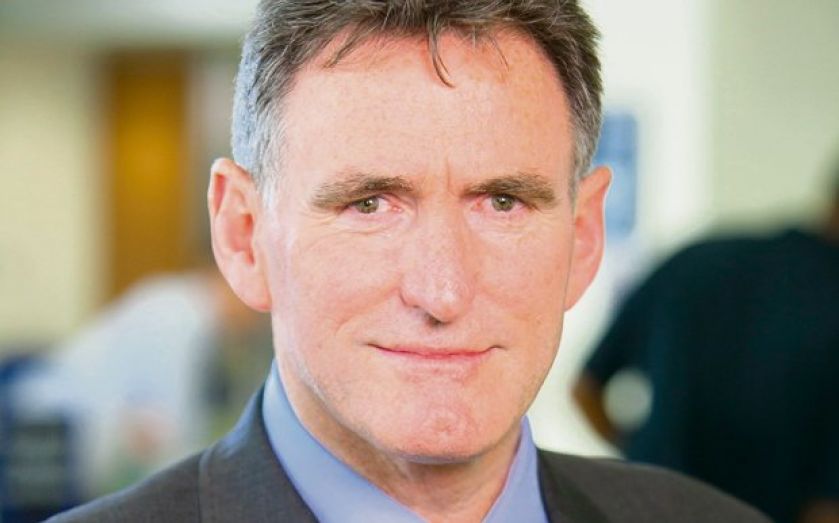RBS pays bosses £3.5m in allowances, not bonuses

Ten top executives at RBS were awarded £3.5m in fixed allowances yesterday, the first payout under the new system which has replaced bonuses at the bank.
Executive pay at RBS, which is 81 per cent owned by the UK government, remains under heavy public scrutiny, with taxpayers sitting on a loss of nearly £15bn after Britain pumped £45.5bn into the bank to rescue it during the 2008 financial crisis.
RBS scrapped formal bonuses for the bosses when the EU’s bonus cap came in this year.
Instead of offering bonuses as variable pay, which is limited under the rules, it is giving fixed payments in shares, based on each executive’s role. The payment will then be renegotiated each year.
This more complicated system has been endorsed by the UK authorities who are responsible for implementing the bonus rules, but had lobbied against the new regulations.
The Bank of England and the Treasury have argued that bonuses can be changed each year, so when a bank does badly it can save money by cutting bonuses.
With the fixed-pay regime, it may have to fire more staff, or lose more money.
In addition, bonuses can be clawed back when a staff member behaves badly, for up to seven years after the bonus was awarded.
With the fixed allowance, clawback is impossible.
Rory Cullinan, who runs the so-called bad bank at RBS was awarded the biggest payout, receiving 154,241 shares – worth £533,335.
Chief executive Ross McEwan declined to take a fixed allowance this year.